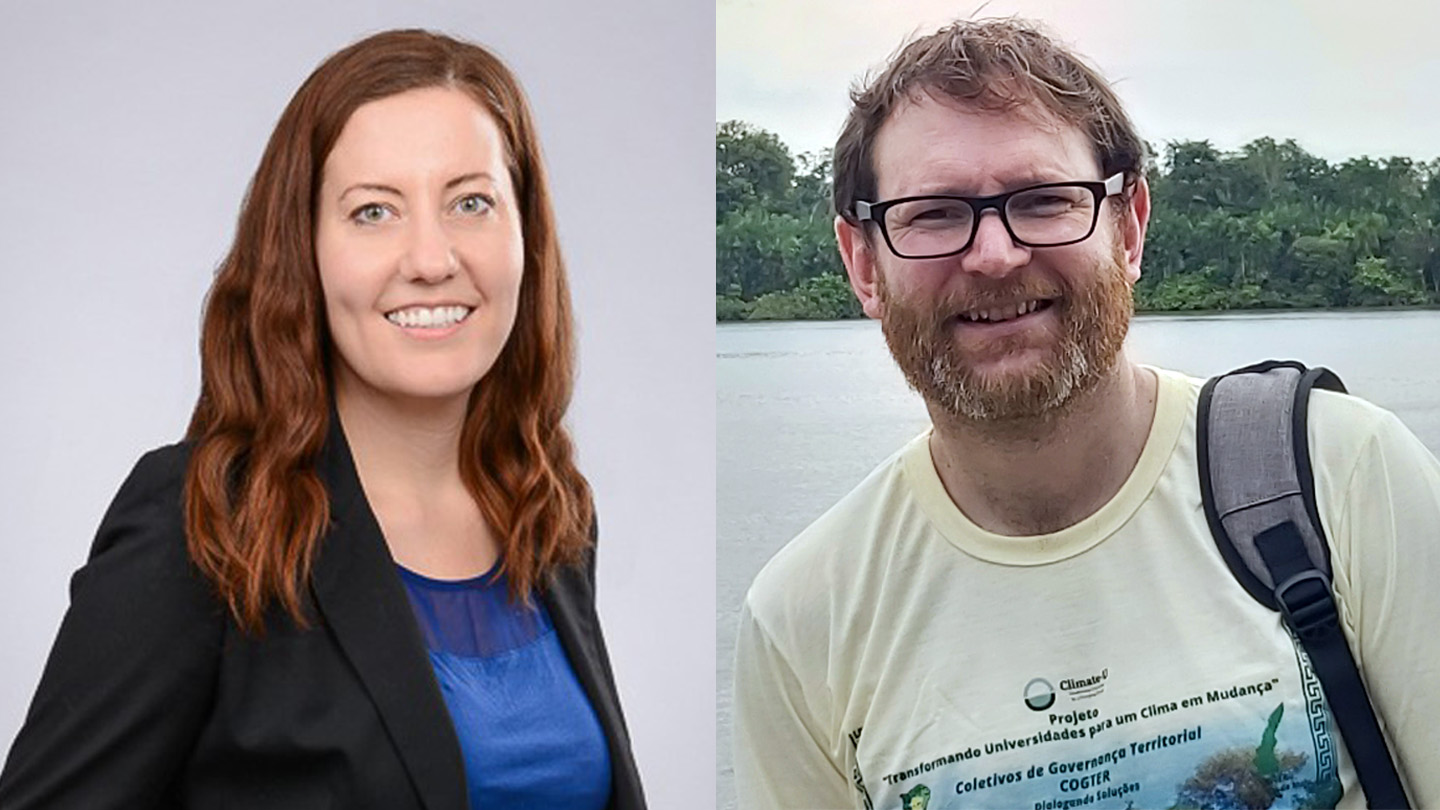What comes next? International partnership rouses conversation on the United Nations’ 17 Sustainable Development Goals and the 2030 agenda

This summer, University College London hosted to members of the International Network of Education Institutes (INEI) as they gathered to share their experiences with the United Nations’ 17 Sustainable Development Goals (SDGs) and their 2030 delivery date.
The conversation was facilitated by the After2030 project, a two-year partnership initiative funded by the University of Toronto and University College London (UCL) as part of their commitment to the Strategic Challenges Fund.
For After2030 co-lead Elizabeth Buckner, the conversation was an invaluable opportunity for mutual learning and exchange of best practices.
“We had really great representation not only from many of the participants at INEI but also really interesting stakeholders came from the UCL side because it was in person in London,” says Buckner, an OISE Assistant Professor and the Canada Research Chair in Higher Education for Sustainable Global Development.
After2030 is seeking to understand how global universities can contribute to shaping the post-SDG agenda by developing an informed understanding of the limitations of current practices and formulating recommendations for the future. It builds upon discussions held at the annual meeting of the Comparative International Education Society (CIES) and the Higher Education Reform (HER) summit earlier this year.
For Buckner’s equivalent from UCL, Tristan McCowan, a professor of international education at UCL’s Institute of Education, the strategic partnership with OISE has been a highly rewarding experience.
“The event held in London allowed us to bring on board a variety of other colleagues and scholars from the International Network of Educational Institutes (INEI), a group of leading education faculties from 10 countries across five continents,” he says.
“Presentations from senior leaders of institutions, specialists in sustainability and students allowed for multiple insights into the practical experiences of promoting the SDGs institutions and vigorous dialogue on the ideas underpinning.”
Making sense of the SDGs
In 2015, member states of the United Nations adopted the 2030 Agenda for Sustainable Development, a comprehensive framework consisting of 17 Sustainable Development Goals (SDGs). These goals are aimed at eradicating poverty, safeguarding the planet, and improving the wellbeing of all individuals. With a deadline of 2030, these goals represent an evolution from the earlier Millennium Development Goals (MDGs), expanding their focus from a regional to a global perspective, rather than solely targeting the Global South.
In this meeting, Buckner noticed that there was a significant divergence in perspectives regarding the goals, raising critical questions about the effectiveness and feasibility of the Agenda.
“There are a lot of really diverse perspectives on what should come next,” said Buckner, “whether we need to abandon the agenda altogether, whether we expect to just extend the deadline and have it be the status quo, or whether the SDGs are too broad for us or if they're not urgent enough – there's quite a lot of critique of the agenda.”
For McCowan, sustainability is the most crucial challenge facing humanity at the present moment. “However, it is a highly complex one, and the SDGs, which are the most prominent framework for sustainability, are far from consensual,” he says.
McCowan emphasizes that this underscores the need to thoroughly scrutinize the ideas behind the SDGs in depth. “Bringing together scholars from diverse contexts, knowledge traditions, disciplines and belief systems is essential for building understanding that can underpin effective practice,” McCowan added.
For Buckner, these After2030 meetings are a great opportunity to build on her work as Canada Research Chair, and being able to collaborate with global leaders like McCowan have been beneficial.
“I think we definitely came away from the day thinking we need to facilitate even more of these sharing events,” she says, “because we can learn a lot from what each of those institutions are doing. And I definitely know we're very motivated to continue building on this project.”